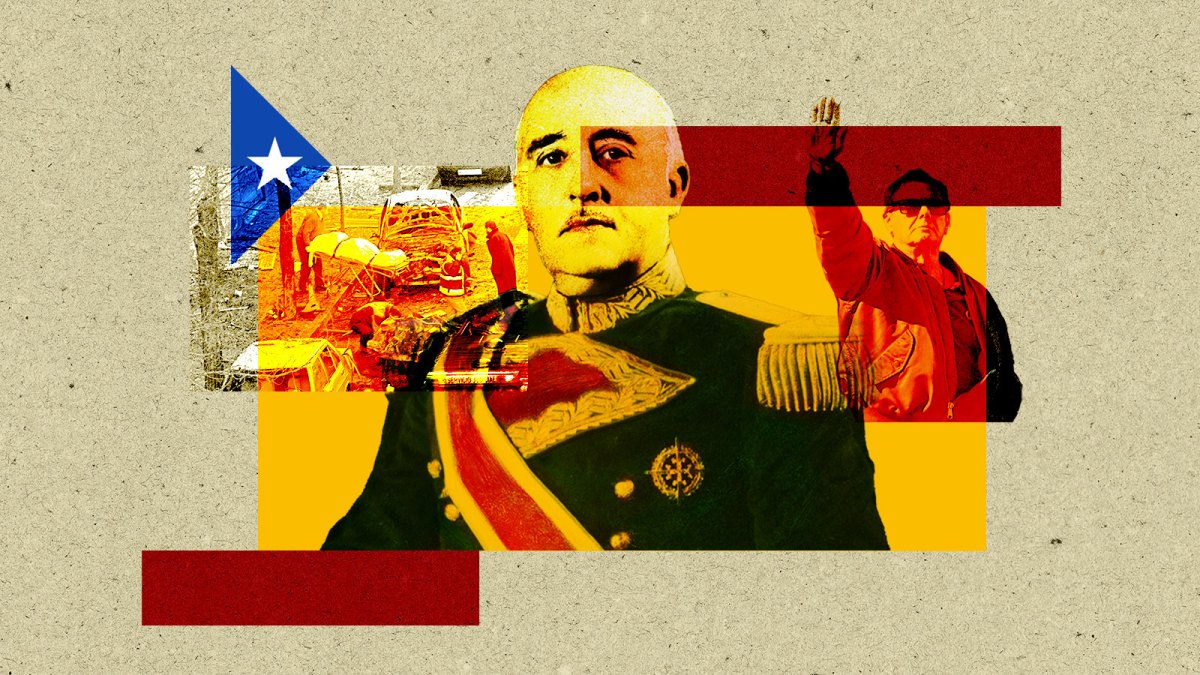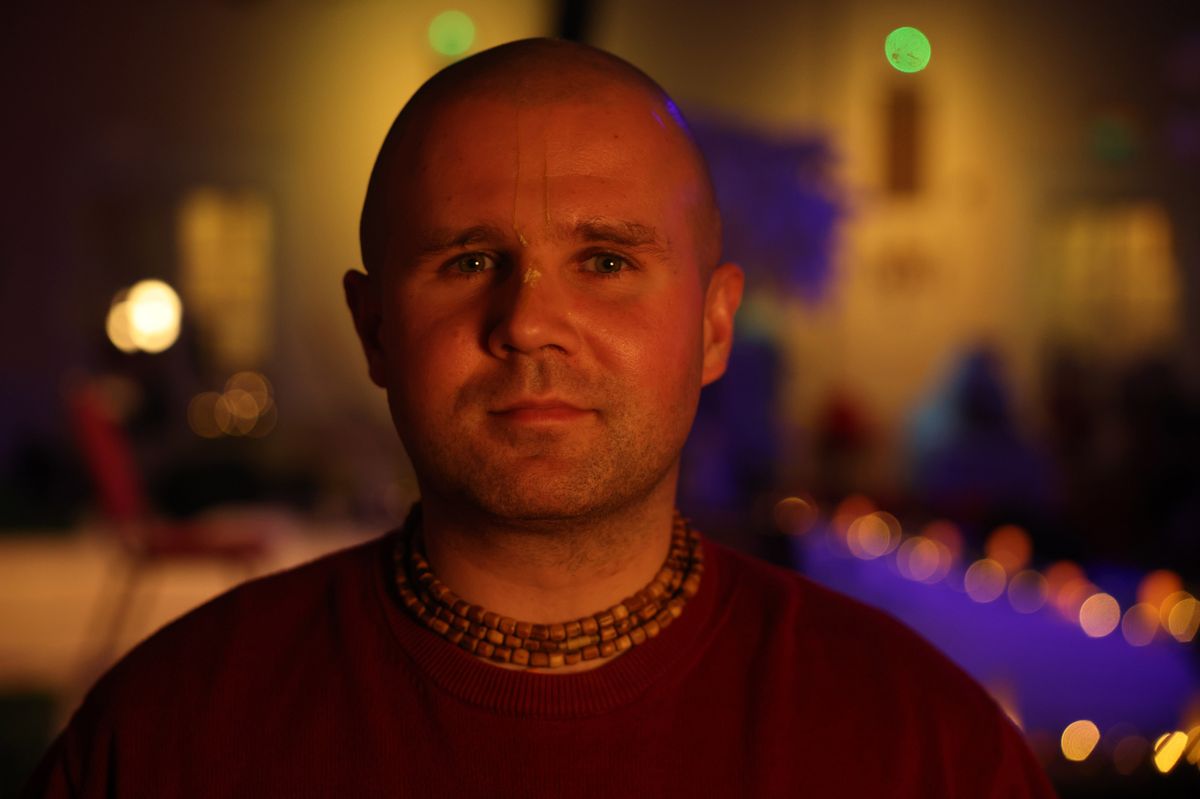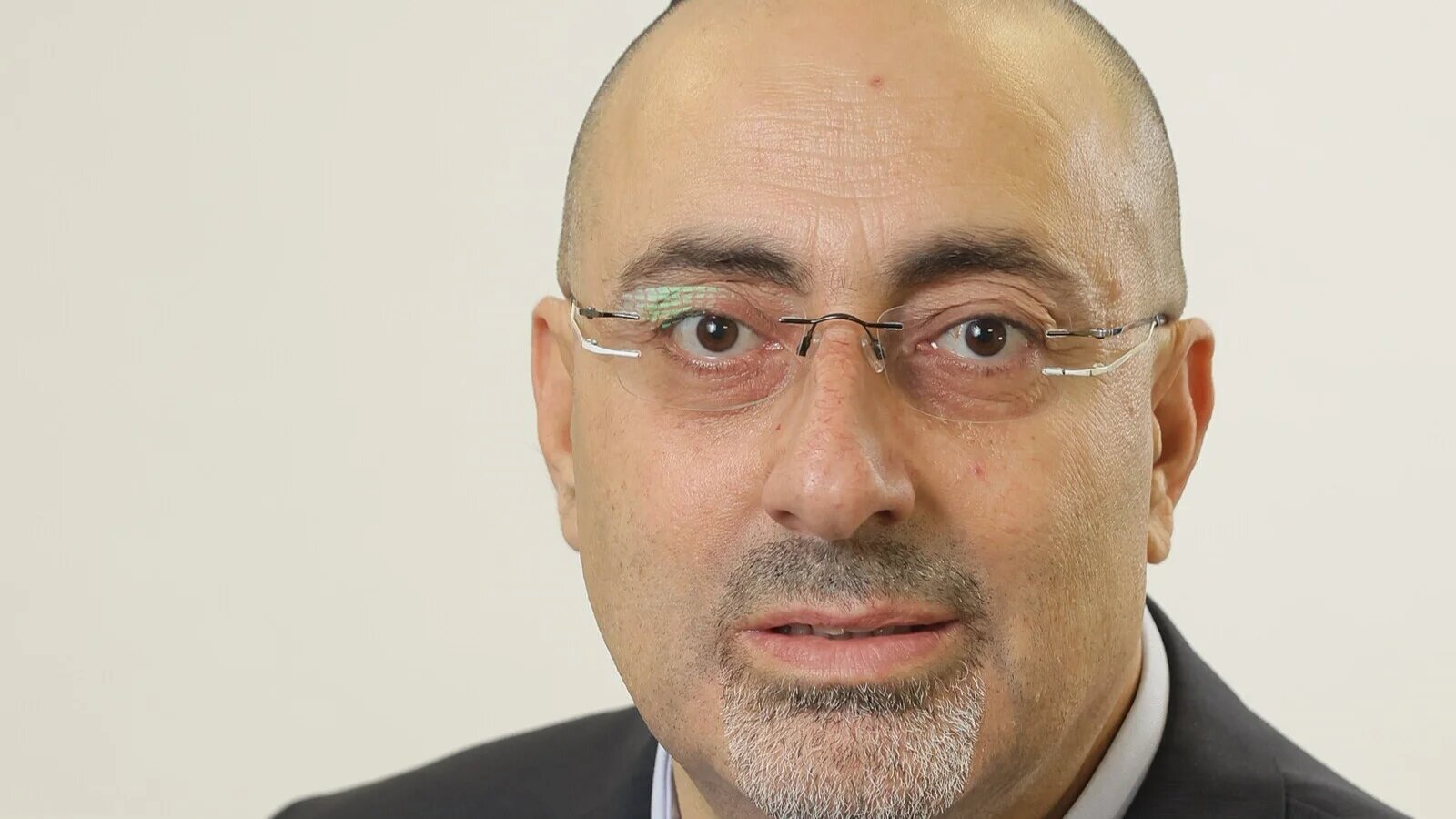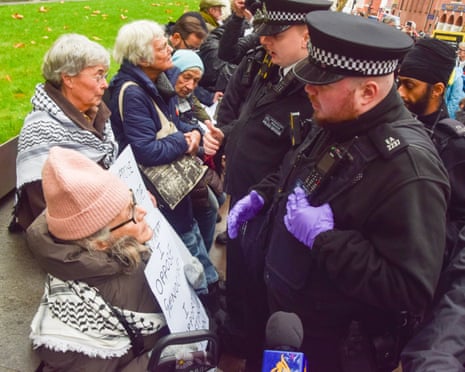Debate surrounding the legacy of Francisco Franco, who ruled Spain as a dictator until his death in 1975, has resurfaced as recent polls indicate that his ideas may still have relevance in contemporary Spanish society. The findings suggest that a significant portion of the population harbors views that reflect Francoist ideologies, raising concerns about the stability of Spain’s democratic framework.
A survey conducted by the Centre for Sociological Research (CIS) shows that approximately 30% of respondents express favorable opinions towards Franco’s regime. The results have sparked widespread discussions among political analysts and citizens, questioning whether Spain’s hard-won democracy is at risk of erosion by lingering authoritarian sentiments.
Political Landscape and Rising Tensions
In recent years, Spain has witnessed a rise in far-right political movements, most notably represented by the Vox Party. This party has capitalized on discontent among voters regarding issues such as immigration, regional autonomy, and economic policies. Vox’s increasing prominence in the national parliament has further fueled debates about the resilience of democratic values in the country.
The rise of Vox has prompted reactions from more centrist and left-leaning parties like the PSOE (Spanish Socialist Workers’ Party) and Podemos. These parties emphasize the need to confront Spain’s historical memory and advocate for the protection of democracy from extremist ideologies. The contention between these parties reflects a broader struggle over the national identity and the interpretation of Spain’s past.
The legacy of Franco remains a sensitive topic in Spain, with numerous monuments and memorials still standing in his honor. Many citizens advocate for the removal of these symbols, viewing them as relics of a repressive regime. However, others argue that such removals could provoke division and conflict, reigniting historical wounds from the Spanish Civil War.
Public Sentiment and Future Implications
As Spain commemorates the 50th anniversary of Franco’s death, the findings of recent polls prompt critical reflection on the implications for the nation’s future. Experts are concerned that the persistence of Francoist ideas could undermine the principles of equality and respect for human rights that underpin democratic governance.
Political commentators warn that a failure to address these sentiments could lead to increased polarization within society. The challenge lies not only in confronting the historical legacy of Franco but also in fostering a more inclusive dialogue that can unite the diverse views within contemporary Spain.
The European Union has also taken notice of Spain’s evolving political landscape, emphasizing the need for member states to uphold democratic values. As Spain navigates these complex issues, the interplay between historical memory and current political realities remains crucial for maintaining the integrity of its democratic institutions.
In conclusion, while Spain has made significant strides in consolidating its democracy since Franco’s death, recent polling data underscores a troubling resurgence of authoritarian sentiments that may threaten its democratic foundations. As the nation reflects on its past, the path forward will require careful consideration of how to foster a cohesive society that honors its history while embracing democratic values for all.







